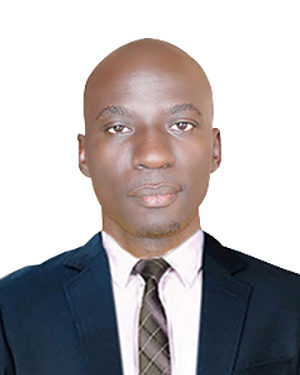The retreat of NRM members of parliament starting on the 27th May, 2023 cannot give any hope to transform the poor quality of life of the majority Ugandans but rather seen as an avenue for them to take a holiday and earn some huge allowances for attendance. It should be re- echoed that currently, Ugandans are living the hardest life in the history of this country with biting poverty, rampant unemployment coupled with a heavy tax burden on everything.
Since 1986, there has been total failure to adopt an economic development model that can help to transform the economy of our country. There was need to adopt the concept of “base theory” which urges that a region’s economy will grow when it’s important/ base sector thrives. If I may ask, what’s Uganda’s most important/ base sector and what is its budget allocation? Without any doubt, agriculture would be our base sector but it’s one of the most under financed sectors in the country since 1986.
Prior to that, our economy flourished when agriculture was the priority sector Even before independence and it attracted industrial development. I don’t think there will be such discussions of building a strong base sector and ensuring it thrives. After all, there has been such discussions for so many years but nothing tangible has come out.
The rapid population growth we are experiencing stimulates high demand for goods and services and a wider tax base but the conditions for production are not favorable. I bet if those NRM MPs can outrightly reason out their boss. They will instead just listen to his lengthy historical lectures and come out of the retreat with unpopular resolutions which cannot help the poor Ugandans. Remember, it’s from such retreats that we have seen resolutions like Evelyn Annite’s “sole candidature” I wouldn’t be surprised if I hear of such weird resolutions after the retreat.
Uganda needs to adopt the five indicators of socio-economic development with practical solutions to the challenges. That is; Achieving macro-economic stability, creating a better business environment, establishing good governance and strong institutions, instituting social reforms to improve equity and managing the environment acknowledgement should be prioritized. This approach can help to improve the quality of life of Ugandans.
How do you expect a quality populace with a broken education sector where majority of the teachers are grumbling with the un popular salary policy, with poor classroom structures and inadequate funding? The health sector is rotten and the transport network decayed.
Ugandans would be happy for the NRM retreat to focus on tracking indicators and identifying development outcomes in these five categories. Identify points for proactive interventions that strengthens our development capacity. Focus on the ebb and flow of policies that seek to lure businesses with various incentives. However, this government has had mixed success in producing long term development strategies which have failed to mature and live up to its expectations.
There is a growing consensus among Ugandans that all the assumptions are political and problematic. They are purely theoretical, opportunistic and therefore offers no practical, consistent and adaptable approach to measuring the country’s quality of living.
Government should assess it’s leak plugging potential by tracking key indicators of community needs and assets. It should embark on incorporating the vision of communities. Many communities have such visions which suits them, but the president has majorly depended on credentialed experts and technocrats who have created distortions with too much generalization and abstractions from local conditions. It opens the door for generalities, lack of accountability and inertia to simply do what can be done easily.
Communities and local people need to be engaged. Actually, I would be very happy if one time the president picks us the purely local people for such retreats in NALI and we give him concrete local information and knowledge of our communities other than these MPs majority of whom are detached from the local people after elections. Local experts, namely residents have voices that can collectively form a successful development future of their villages. However, the president has always had a specialized language of “experts”.
We await to see the outcomes and impact of the retreat.
The writer is a Jinja based researcher, senior teacher and NRM mobiliser.















